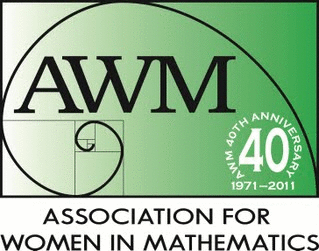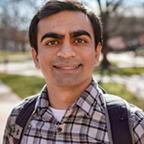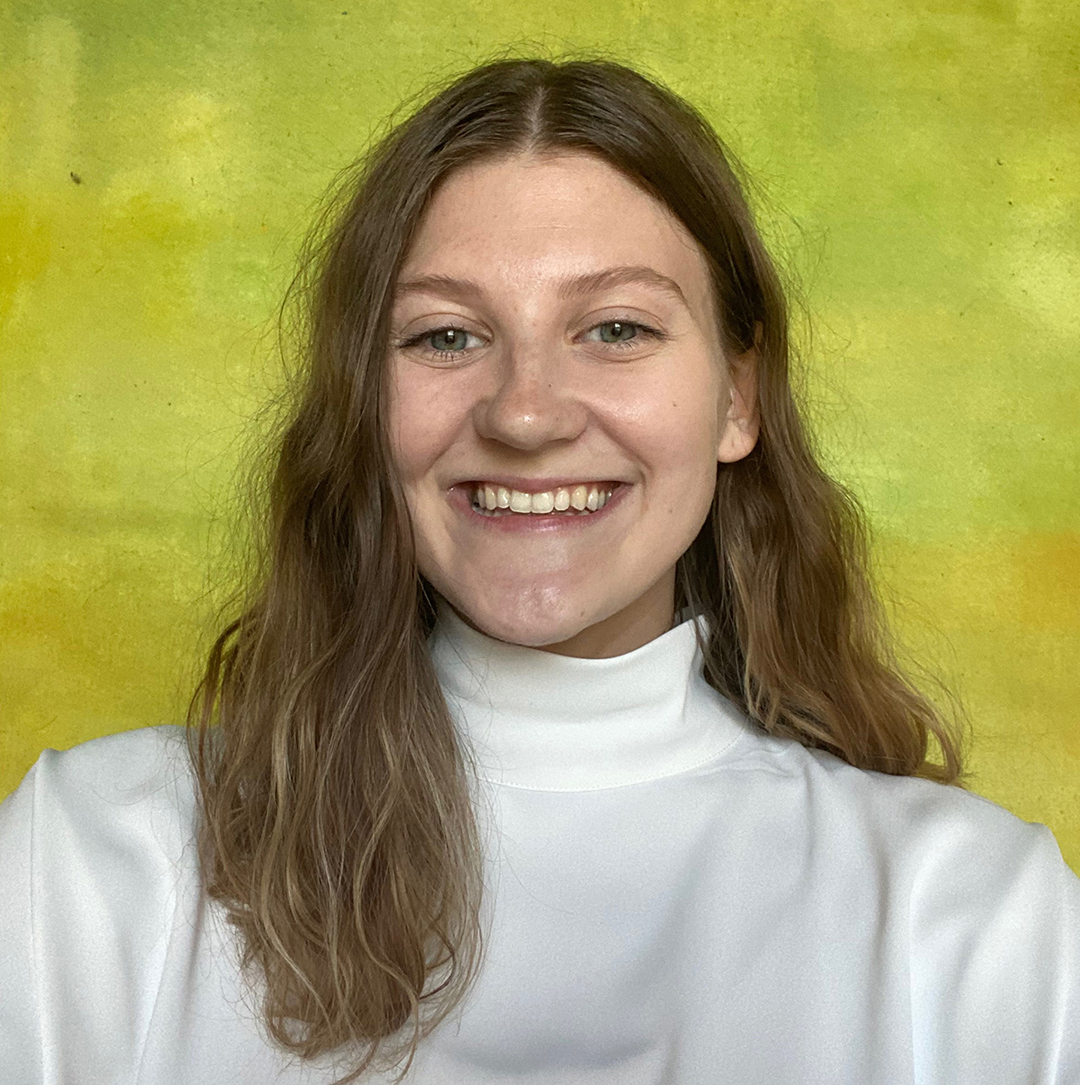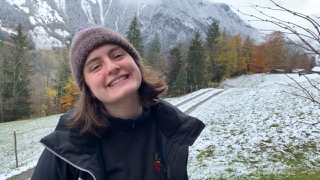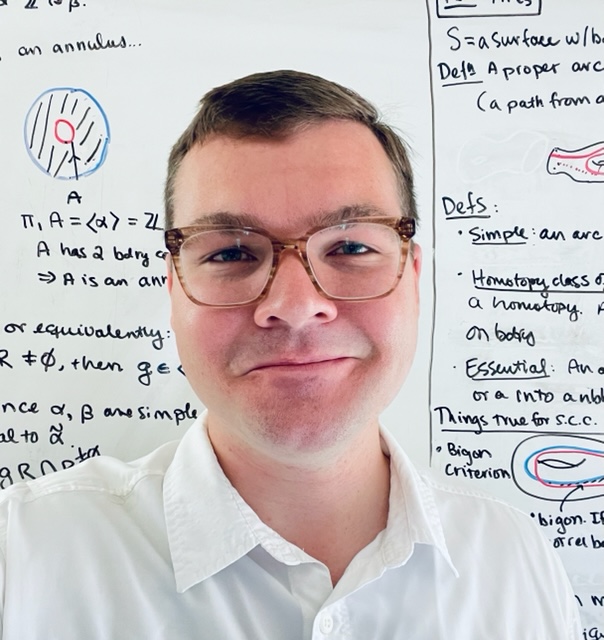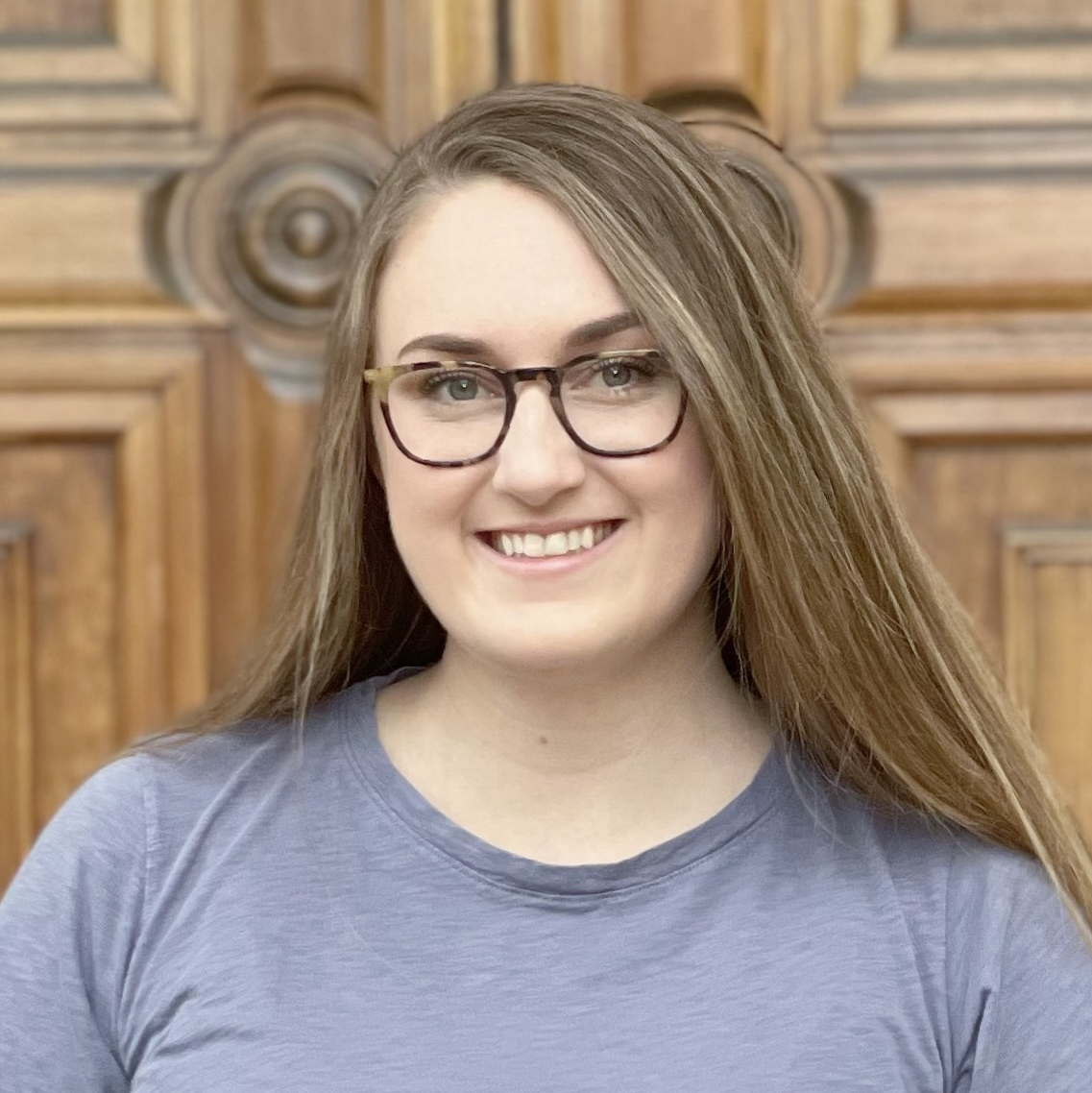RTG: Algebra, Geometry and Topology at the University of Utah 
This NSF Research Training Grant award, RTG: Algebra, Geometry, and Topology at the University of Utah is designed to train a new generation of researchers in mathematics.
It funds activities for undergraduates, graduate students and postdoctoral scholars as well as several activities in collaboration with the
University of Utah chapter of the AWM (the Association for Women in Mathematics)
See the abstract here: NSF award #1840190.
This grant builds upon the previous grant, RTG: Algebraic Geometry and Topology at the University of Utah, NSF award #1246989.
Fellowship funds from this grant can only be used to support U.S. citizens, nationals, and permanent residents.
Programs and Activities
Summer Pre-REU program
The summer pre-REU program is an annual program designed for undergraduate students who have finished Calculus II. It exposes these students to advanced mathematics, in the topics of this RTG grant, and will help prepare them to be involved in research mathematics as an undergraduate. Participants are paid a stipend of $2000.
pre-REU 2025:
Kurt Vinhage will run this activity May 6-30th, 2025.Topic: Isometries, Groups and Crystallographic Restriction.
For more information: Click here
Faculty:
Summer 2019
Stefan Patrikis ran a trial version of this activity prior to the start of the grant.Summer 2020
Sean Howe ran this activity. See the program website.Summer 2021
Sean Howe ran this activity. See the program website:Hidden Structure and Computation (Summer 2021).Summer 2022
Kurt Vinhage ran this activity. See the program website: (almost) everything you can do to an interval.Summer 2023
Kurt Vinhage ran this activity. See the program website: Approximately Rational Numbers and Continued Fractions.Summer 2024
Kurt Vinhage ran this activity. See the program website: Expanding circle maps, digit expansions and topological Markov chains.REU projects
This RTG grant also has financial support for undergraduates involved in research (REU activities). These funds are administered through the departmental REU programs. Please CLICK HERE for more information.
Research Training Seminar
Early graduate students (as well as advanced undergraduates), are encouraged to participate in annual RTG training seminars.
These annual seminars will have students work through research material in a collaborative setting, leading towards producing research in or
a new exposition of a research topic.
Current topic: (to be run by Rachel Skipper): Examples of (Group, Space)s
Many important groups in geometric group theory come paired with a canonical space the group acts on that lets one derive properties of the group. In this course, students will work together to learn and
present on examples of such pairs.
Previous topic: (run by Karl Schwede): Macaulay2
During the Fall semester we learned learn about Macaulay2 (an open source computer algebra system for commutative algebra and algebraic geometry https://www.macaulay2.com/). We will take turns presenting on mathematical aspects of Macaulay2. Later in Fall, and into spring, we will break into groups and write packages for Macaulay2, as well as papers to be submitted to JSAG, a refereed journal.
The website for the seminar is here: https://www.math.utah.edu/~schwede/M2RTG/
2019-2020 academic year
Srikanth Iyengar ran this activity.2020-2021 academic year
Christopher Hacon ran this activity.2021-2022 academic year
Priyam Patel ran this activity.2022-2023 academic year
Kurt Vinhage ran this activity.2023-2024 academic year
Karl Schwede ran this activity.2024-2025 academic year
Rachel Skipper will run this activity.AWM-RTG conferences
The University of Utah will periodically host a conference jointly run by the University of Utah AWM as well as the RTG group.Past conferences
The first conference was July 28-30, 2021.
For more information, click here:
http://www.math.utah.edu/awmchapter/conference/BRIDGES2021.html.
The second conference ran June 7-10, 2022. For more information, click here:
http://www.math.utah.edu/awmchapter/conference/BRIDGES2022.html.
The third AWM-RTG conference ran July 10-12, 2204. For more information, click here:
http://www.math.utah.edu/
awmchapter/conference/
AWM-RTG lecture series
There is now an AWM-RTG lecture series in the department.
CLICK HERE to learn more.
RTG Mini conferences
In the 2019-2020 and 2022-2023 academic years, the University of Utah hosted mini workshops focused on topics of interest to the RTG group.
The second conference, titled Complex dynamics and related topics, was held at the University of Utah April 7-9th, 2023. For more information see the link below. https://sites.google.com/view/rtg-complexdynamics-utah2023/home.
The first conference, titled Riemann Surfaces and their Moduli, was held at the University of Utah February 7-9th, 2020. For more information, see the link below.
https://sites.google.com/view/rtgmini-conferenceutah2020/home
People involved in this NSF RTG grant
Spring 2025
Fall 2024
Summer 2024
Spring 2024
Fall 2023
Summer 2023
Spring 2023
Fall 2022
Summer 2022
Spring 2022
Fall 2021
Summer 2021
Spring 2021
- Matthew Goroff
- Christian Klevdal
- Daniel McCormick
Fall 2020
- Rebekah Eichberg
- Hannah Hoganson
- Michael Kopreski
- Rebecca Rechkin
Summer 2020
- Christian Klevdal
- Kristen Lee
- Peter McDonald
Spring 2020
- Kevin Childers
- Pinches Dirnfeld
- George Domat
- Matthew Goroff
- Hannah Hoganson
- Peter McDonald
Fall 2019
- Hanna Astephan
- Donald Chacon-Taylor
- Kristen Lee
- Faith Pearson
Current RTG postdocs:
Previous RTG postdocs:
- Emily Stark (2019--2020): Emily's research area is geometric group theory, and her work focuses on spaces with hyperbolic or non-positive curvature. She worked with Mladen Bestvina, Ken Bromberg, and Priyam Patel. As of 2020, she became a tenure track faculty member at Wesleyan
- Joshua Pollitz (2019--2020): Josh' primary research interests are studying and applying homological algebra in the context of commutative algebra and its related areas. While an RTG postdoc he worked with Srikanth Iyengar and other faculty members in the commutative algebra community at Utah. As of 2020, he became a NSF postdoc.
- Leo Herr (2019--2022): Leo's work concerns applications of Log Geometry in calculating Gromov-Witten Invariants. This extends the breadth to which these invariants may be applied to mildly singular spaces. Leo worked most directly with Y. P. Lee. As of 2022, he became a postdoc at Leiden
- Elizabeth Field (2020--2021): Elizabeth's research lies in geometric group theory and low-dimensional topology. She is particularly interested in hyperbolic groups and spaces, boundaries of groups and spaces, and mapping class groups. She is working with Mladen Bestvina, Ken Bromberg, Priyam Patel, and the rest of the GGT group at Utah. As of 2021, she became a NSF postdoc.
- Alicia Lamarche (2020--2021): Alicia is interested in algebraic and arithmetic geometry, and her recent work has focused on methods of extracting arithmetic information from the derived category of coherent sheaves of a variety. She is working with Karl Schwede, Aaron Bertram, and the rest of the AG community at Utah. As of 2021, she became a NSF postdoc.
- Devlin Mallory (2021--2024): Devlin is interested in singularities of rings from the point of view of algebraic geometry and commutative algebra. Most recently, he is working on connections between differential operators of singular rings and the global positivity properties of projective varieties. He talked with Anurag Singh and Tommaso de Fernex, as well as the broader AG and CA community at Utah. As of Fall 2024, he will be a postdoc at the Basque Center for Applied Mathematics (BCAM).
- Eamon Quinlan (2021--2022): Eamon is interested in rings of differential operators and their applications in commutative algebra and algebraic geometry. He is now working on using certain D-module constructions to study F-singularities. He worked most closely with Karl Schwede and Anurag Singh. As of 2022, he became a NSF postdoc.
- Alex Rasmussen (2021--2022): Alex is interested in geometric group theory. In particular, he studies infinite type surfaces and hyperbolic graphs associated to them, as well as hyperbolic actions of solvable groups. He worked with Priyam Patel, Mladen Bestvina, and the rest of the geometry group at the University. As of 2022, he became a NSF postdoc.
- Peter Wear (2020--2023): Peter studies arithmetic geometry. His focus is on the non-archimedean geometry of perfectoid spaces and related objects. He worked primarily with Sean Howe. As of 2023 a Data Scientist at StackAdapt
- Aaron Bertram: Aaron works within algebraic geometry; specifically on questions about moduli spaces related to mirror symmetry. Current interests include stable maps and Gromov-Witten theory, derived categories and Bridgeland stability conditions, and the relationship between classical Riemann surface theory and tropical curves (i.e., metric graphs).
- Mladen Bestvina: Mladen studies geometric group theory. Of particular interest is the geometry of Outer Space and other spaces associated to Out(F_n), as well as mapping class groups, Teichm\uller space and curve complexes. Other interests include: asymptotic dimension, bounded cohomology, limit groups.
- Ken Bromberg: Ken works on hyperbolic geometry and deformation spaces of Kleinian groups. He is particularly interested in the "bumping" phenomena leading to non-local connectivity of deformation spaces. Other interests: geometric group theory, actions on quasi-trees, asymptotic dimension.
- Jon Chaika: Jon works on ergodic theory, interval exchange transformations and flows on flat surfaces. He is particularly interested in diophantine approximation and also non-unique ergodicity. His other interests include properties of and actions on the parameterizing space of interval exchanges and flat surfaces, diophantine approximation in abstract settings and isomorphism problems.
- Tommaso de Fernex: Tommaso works in algebraic geometry, with focus on problems in birational geometry of higher dimensional varieties and singularity theory. Of particular interest are topics related to rationality, Fano varieties, log canonical thresholds and multiplier ideals, spaces of arcs, and non-archimedean geometry.
- Christopher Hacon: Christopher's research is focused on the birational geometry of varieties and especially on questions related to the minimal model program, both in characteristic 0 and in positive characteristics. In particular he studies global questions such as the geometry of pluricanonical maps of projective varieties and the geometry of irregular varieties, as well as local questions regarding singularities of quasi-projective varieties and their invariants such as the log canonical thresholds and minimal log discrepancies.
- Sean Howe: Sean works at the crossroads of algebraic geometry, number theory, and representation theory. His current research focuses on: 1) p-adic automorphic forms and their role in the p-adic Langlands program, and 2) arithmetic and motivic statistics. Most of his work is on problems that connect representation theoretic structures to the geometry and topology of moduli spaces.
- Srikanth Iyengar: Srikanth is interested in commutative algebra and its manifestations in other fields, especially the representation theory of finite groups, and dimensional algebras. Some of the topics he likes to think about are free resolutions (finite and infinite), structure of morphisms, Hochschild and Andre-Quillen (co)homology, and various triangulated categories linked to commutative rings.
- Y.P. Lee: Works on algebraic geometry and mathematical physics, with emphasis on Gromov-Witten theory and its relations with and applications to algebraic cobordism, birational geometry, K-theory, integrable systems, mirror symmetry, moduli of curves, and variation of Hodge structures.
- Dragan Milicic: Works in representation theory of Lie groups, specifically in analytic, algebraic and geometric aspects of representation theory of real reductive Lie groups. His current interests are focused on applications of the theory of holonomic D-modules to the study of categories of Harish-Chandra modules and related categories of representations.
- Priyam Patel: Priyam works in low-dimensional topology and geometry and geometric group theory. She is particularly interested in hyperbolic manifolds and their finite degree covering spaces, arc and curve complexes associated to hyperbolic surfaces, Teichmuller theory, right-angled Artin groups, and cube complexes. More recently, she has been studying surfaces of infinite type and their (big) mapping class groups.
- Gordan Savin: Works in representation theory and number theory, in particular, representations of p-adic groups and algebraic structures related to exceptional reductive groups. Current work includes research on the Gan-Gross-Prasad restriction program, and exceptional theta correspondences.
- Karl Schwede: Karl works on the border between algebraic geometry and commutative algebra. He is especially interested in singularities, their relation to the minimal model program and characteristic $p$ methods such as Frobenius splittings and tight closure theory. More recently, he has been working to develop a theory of singularities in mixed characteristic.
- Anurag Singh: Anurag studies commutative algebra, specifically questions related to local cohomology, tight closure theory, determinantal ideals, and invariant theory. Current projects include the study of local cohomology and differential operators in the integral setting.
- Rachel Skipper: Rachel works in geometric and combinatorial group theory. Her particular interest is in groups with difficult to find properties, for instance infinite torsion groups, groups with intermediate word growth, and infinite simple groups.
- Peter Trapa: Peter studies representations of reductive Lie groups over local fields. Recent work focuses on relating the underlying geometry of the Local Langlands Conjectures (for example, singularities of spaces of Langlands parameters) to questions of harmonic analysis on reductive groups (for example, the classification of unitary representations).
- Kurt Vinhage: Kurt works in classification and rigidity properties of dynamical systems and group actions. He works in both the hyperbolic setting, where irreducible group actions are conjectured to be smoothly equivalent to ones of algebraic origin, and the parabolic setting, where the natural notion of equivalence for classification is a restricted measurable orbit-equivalence.
- Kevin Wortman: Kevin works in geometric group theory, particularly on lattices in locally compact groups and their corresponding actions on nonpositively curved complexes and spaces, as well as some of their naturally occurring subspaces. Of particular interest are finiteness properties of groups and group cohomology.
Questions?
Below are the people involved in managing various aspects of this grant, and what they are involved in (what you should email them about).
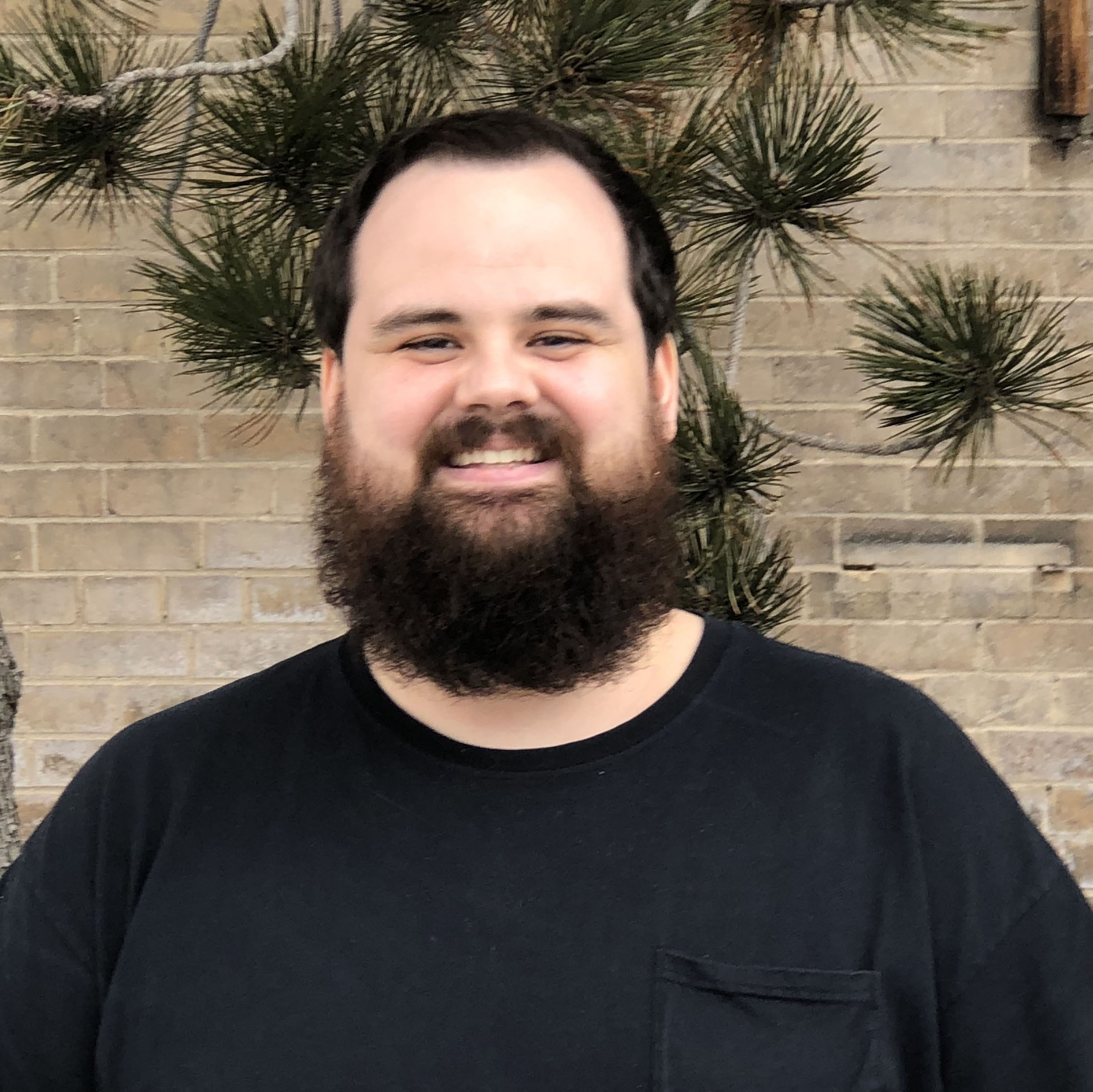
Sean
Cook
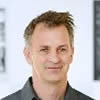
Christopher
Hacon

Priyam
Patel
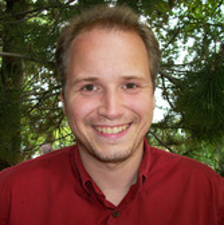
Karl
Schwede
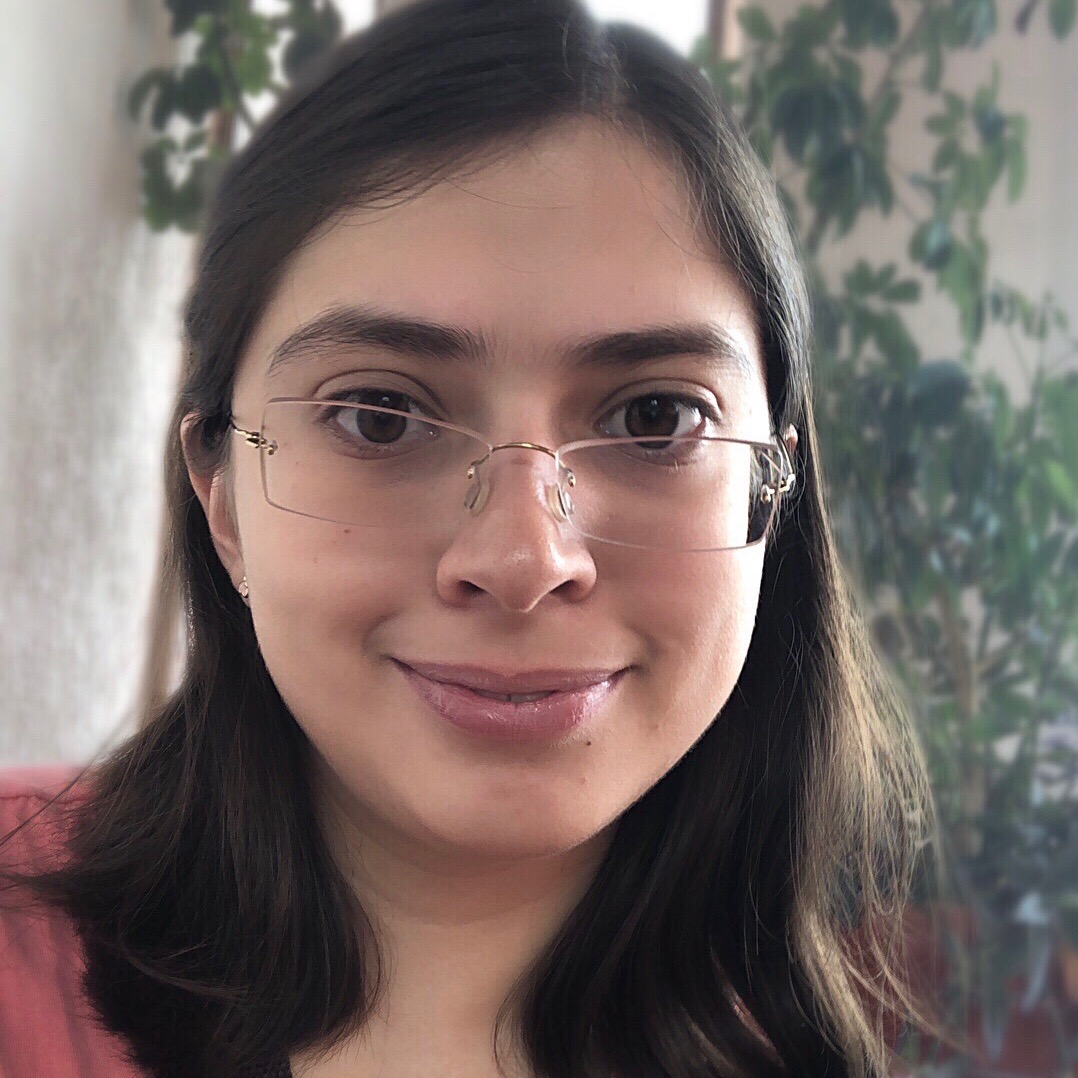
Sandra
Rodríguez Villalobos
Co-chair 2024
